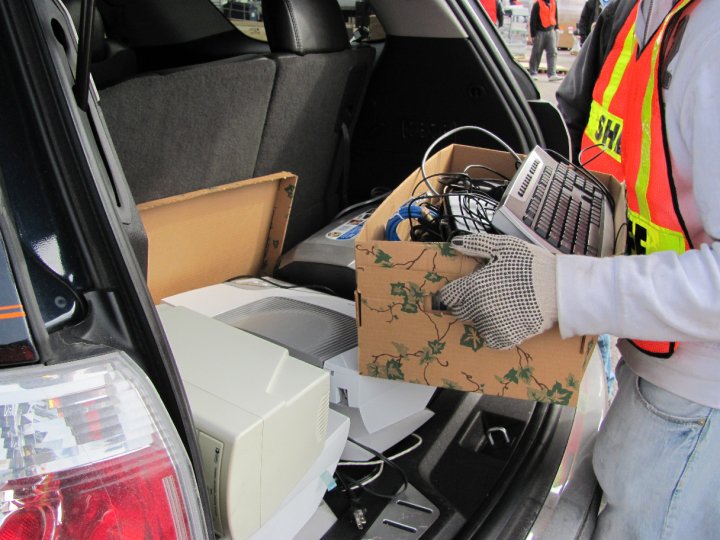As electronic waste (e-waste) becomes one of the fastest growing environmental concerns, remanufacturing is considered as a promising solution. However, the profitability of take back systems is hampered by several factors including the lack of information on the quantity and timing of to-be-returned used products to a remanufacturing facility. Product design features, consumers’ awareness of recycling opportunities, socio-demographic information, peer pressure, and the tendency of customers to keep used items in storage are among the contributing factors in increasing uncertainties in the waste stream. Predicting customer choice decisions on returning used products, including both the time in which the customer will stop using the product and the end-of-use decisions (e.g. storage, resell, throw away, and return to the waste stream) could help manufacturers better estimate the return trend. In this study, we have developed an Agent Based Simulation (ABS) model integrated with Discrete Choice Analysis (DCA) technique to predict consumer decisions on the End-of-Use (EOU) products. The proposed simulation tool aims at investigating the impact of design features, interaction among individual consumers and socio-demographic characteristics of end users on the number of returns.
